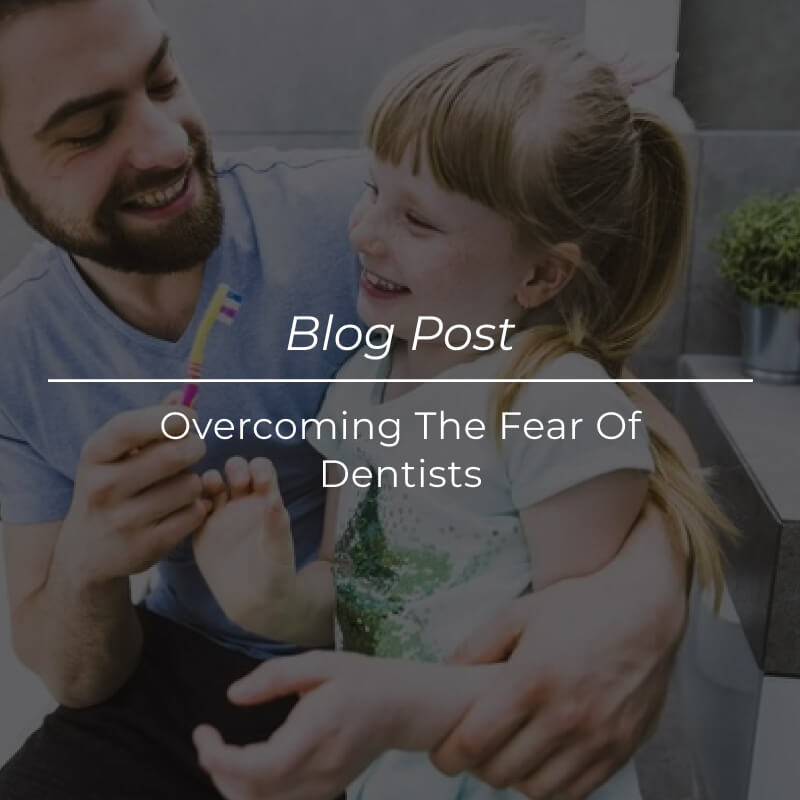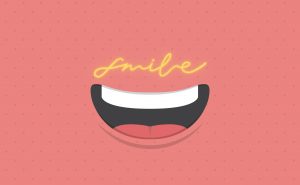-
Mon- Sat 08:00-18:00
-
Call Us Now 1300 99 1300

Do you fear dental procedures or get anxious when you think of visiting a dentist? You are not alone, and a significant percentage of people around the globe experience dental fear up to an extent. A recent survey showed that almost 85 percent of Australians become slightly anxious when they go for complex dental procedures.
However, the degree of fear of dentists is not same for everyone. While most people experience a normal amount of fear, some struggle with intense anxiety.
Studies show that most people who experience this fear have had some bad dental experiences in the past. In Australia, one in every six adults struggle with high dental fear. Similarly, almost one in every ten children in the country also feel a high level of dental fear.
Some people face an extreme level of dental fear called dental phobia. A study conducted by The University of Adelaide showed that as many as five percent of the Australian population struggle with dental phobia. It affects a person’s quality of life significantly.
As discussed earlier, one of the most common reasons is due to past negative dental treatment experiences. People may also develop a negative perception of dental treatments after they see or hear about the bad experiences of their relatives and friends.
Some people show anxiousness when they go for complex dental treatments. This is common with dental procedures where extensive gagging, choking, and drilling in the jawbones and gums occurs. However, a good conversation between the dentist and the patient may relieve the patient from their extreme fear.
Many people are anxious about dental procedures due to the possibility of experiencing pain. It is important to note that advancements in dentistry in recent years have made these treatments less painful.
Some people also feel a level of helplessness or loss of control when they sit in a dentist’s chair. As they need to keep their mouths open for a long time to complete the dental procedure, they feel the situation is out of their control.
Many people find having a dental specialist or hygienist standing close to their face uncomfortable. A few people may feel upset or self-conscious about their mouth odours and facial aesthetics.
Dental phobia is a severe issue that can lead to many consequences.
Do you experience nervousness or an extreme fear of dentists when you think of having a dental examination? Do you feel physically ill when you plan to visit your dentist? Care Family Dental Toorak can provide some smart tips that may help you to cope with your dental anxiety

If you are scared of dentists but need treatment for your dental issues, you will find the following tips highly useful:
Understanding and acknowledging your dental fear is the first step towards treating dental fear. You should note that a sizable number of people around the globe struggle with this issue.
Understanding the need for proper dental care and how that can influence your overall health can help you to visit a dental clinic to receive treatment. Write down the specific aspects of your dental fear on paper and let your dentist know your issues. This can help your dentist to design a convenient treatment plan based on your needs.
You can also learn about how dentistry has advanced over the years, especially regarding painless dentistry treatment options, to try to alleviate your fears.
If you have a fear of dentists, you should be careful when choosing your dental professional. Dealing with dental phobia is an area that needs a lot of experience and expertise, and not all dentists possess the right skill to deal with it.
You can talk to friends and family members and come to know dentists who can provide personalised care based on your requirements. You can also check online and confirm with the specialists who offer specialised services to address dental fear. Some dental specialists provide advanced sleep dentistry solutions to help patients who require a relaxed treatment experience.
After finding a suitable dentist and clinic, you can dial their office number and let them know about your dental fears. You can visit the dental clinic and get used to the environment before undergoing any treatments. Active two-way communication with your dentist may relax and give you more confidence to go ahead with the treatment.
You can also be mindful of the response of your dentist and the staff. Ensure that they offer you a comfortable environment inside the clinic. Also, dentists who are specialised in treating people with a fear of dentistry will always listen to their patients and warmly respond to their needs.
When you go to dental clinic to undergo any procedures, take a family member or friend with you. They can provide you with the support you need during the procedure. Always choose someone who has no fear of dental procedures, as they give you the confidence required to proceed with the treatment. This person can speak on your behalf when you experience anxiety and assist you in any emergency situations.
Relaxation techniques, such as controlled breathing, can help you to keep calm and relaxed by reducing your heartbeat. Many dental specialists ask their patients to take a big breath, hold it for a few seconds, and release the air slowly for quick relaxation.
Giving yourself distractions from thinking about dental procedures is another good option to reduce nervousness. You can listen to music or recollect the scenes from your favourite movies and TV programs. Some people get highly anxious when they hear the sounds of suction tubes and drills. Such people can wear noise-cancelling headsets or earplugs to avoid the sounds of dental tools.

However, many people with dental phobia may find these tips not so useful. For such people, some dentists offer sleep dentistry solutions to ensure a relaxed dental experience.
Through sleeping dentistry solutions, dentists offer three types of sedation to help you relax from dental fear. Dentists can provide minimal, moderate, and deep sedation to help you relax from any dental fear that occurs during the procedure. While dentist anxiety medication can keep you awake, you may not remember the dental procedure afterwards.
Minimal sedation is often referred to as inhaled sedation as you breathe nitrous oxide gas using a mask that is placed on your nose. The gas can relax you, and your dentist can easily adjust the degree of sedation.
Moderate sedation is generally administered orally, and dentists can provide sedative pills, like Helicon, to their patients. With a single tablet, you can also experience minimal sedation, and you can take a larger dose for moderate sedation. Dentists usually administer it an hour before the dental procedure to relax the patients and make them ready for the procedure.
For deep sedation, dentists use intravenous sedatives that put people in different stages of consciousness. The sedative drug is injected into the bloodstream of the patient through a vein. Therefore, it provides sedation results quickly. Most intravenous sedatives provide “twilight sleep” to patients, and they may sleep during the treatment.
Sleep dentistry solutions are very helpful for the following types of patients:
Many people around the globe struggle with dental fear to varying extents. While a vast majority of them show slight or manageable fear, some people showcase high anxiety towards dental procedures.
Since it can affect the dental health of these anxious people, effective solutions are needed to conquer this fear of dentists. These solutions should focus on ensuring proper and regular dental care to those patients.








